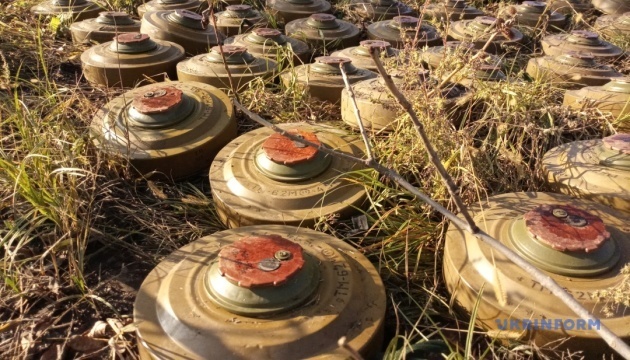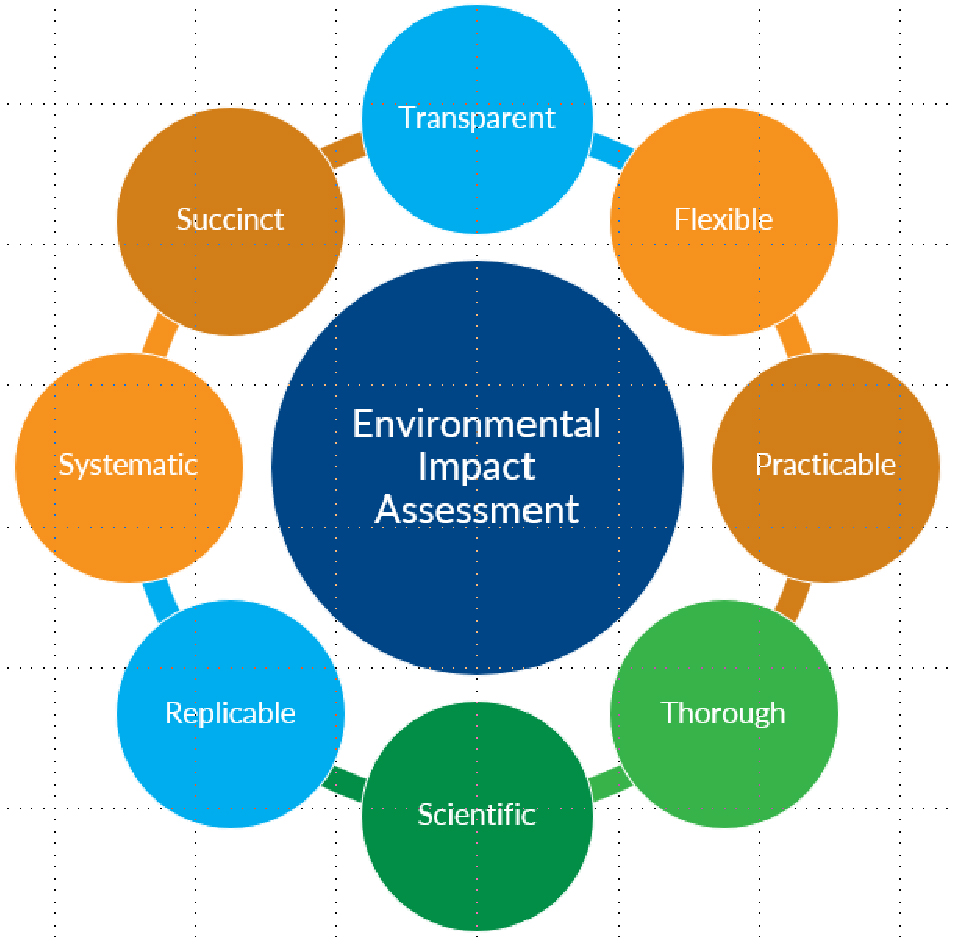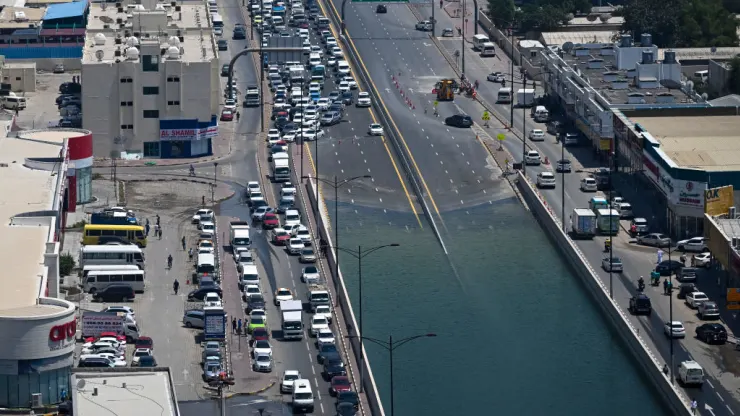Residents face ‘frustrating’ food waste collection delays – BBC

Report on Delayed Food Waste Collection Implementation and Implications for Sustainable Development Goals
1.0 Introduction
An analysis of waste management policy in North East England reveals significant delays in the implementation of mandatory separate food waste collections. Several local authorities, including those in South Tyneside, Sunderland, Gateshead, and Cumbria, will not meet the UK government’s April 2026 deadline due to long-term, fixed contractual obligations. This delay presents a substantial challenge to the region’s progress towards key United Nations Sustainable Development Goals (SDGs), particularly those concerning responsible consumption, sustainable communities, and climate action.
2.0 Impact on Sustainable Development Goals (SDGs)
The failure to implement timely food waste segregation directly impacts the achievement of several SDGs:
- SDG 12: Responsible Consumption and Production: The delay is in direct opposition to Target 12.3 (halve per capita food waste by 2030) and Target 12.5 (substantially reduce waste generation). Without separate collections, organic waste is not diverted for composting or anaerobic digestion, hindering the transition to a circular economy and preventing the reduction of overall waste.
- SDG 11: Sustainable Cities and Communities: The situation undermines Target 11.6, which aims to reduce the adverse per capita environmental impact of cities through improved municipal waste management. The continuation of current practices maintains an inefficient system and postpones environmental benefits for communities.
- SDG 13: Climate Action: Co-mingling food waste with general refuse, often leading to incineration or landfill, contributes to greenhouse gas emissions. Segregating food waste is a critical local action to mitigate climate change, and the delay impedes regional carbon reduction efforts.
- SDG 17: Partnerships for the Goals: The conflict between the national government’s policy and the legally binding contracts held by local authorities highlights a systemic barrier to effective partnerships for achieving sustainability targets.
3.0 Key Challenges and Findings
- Contractual and Financial Barriers: The primary obstacle is the existence of long-term waste management contracts. The South Tyne and Wear Waste Management Partnership (South Tyneside, Sunderland, Gateshead) is bound until 2039, and councils in Cumbria until 2034. Terminating or amending these contracts would incur “tens of millions of pounds” in financial penalties, which councils deem unfeasible.
- Policy and Implementation Discrepancy: The government’s ‘Simpler Recycling’ policy, intended to standardize collections and “end the postcode lottery,” faces a significant implementation gap due to these pre-existing local agreements. The government has granted dispensations, effectively prioritizing contractual stability over uniform environmental policy adherence.
- Alternative Waste Disposal Methods: The affected councils currently send household waste to an “energy-from-waste” facility for electricity generation. While this is presented as a benefit, it is less aligned with the waste hierarchy and SDG 12 principles than recycling organic matter through composting or anaerobic digestion.
- Focus on Waste Reduction: Experts note that while collection is important, it only addresses a symptom of a larger problem. A significant portion of food produced is wasted. Achieving SDG 12 requires a greater focus on waste prevention at the source, through measures like meal planning and portion control.
4.0 Stakeholder Perspectives
- Environmental Advocates: Green Party Councillors in South Tyneside and Cumberland have expressed significant frustration, emphasizing that separate collections are crucial for creating a “better environment” and raising public awareness about food waste reduction, directly supporting SDG 12.
- Local Authorities: The councils and their waste partnership maintain that financial constraints make compliance impossible. They also cite the avoidance of environmental impacts from introducing additional collection vehicles as a secondary benefit of the delay.
- Academic Analysis: Dr. Jane Midgley of Newcastle University noted that long-term (25-40 year) waste contracts are standard due to the high capital investment required, framing the government’s 2026 deadline as a “tight timeframe” for such a complex system change.
- Sustainability Professionals: Nick Lancaster of the Zero Carbon Cumbria partnership argues for addressing the root cause of waste, stating that 40% of all food produced in the UK is wasted. This perspective aligns with the prevention and reduction targets of SDG 12.
5.0 Regional Implementation Timetable
The status of food waste collection implementation across the North East varies significantly:
- South Tyneside, Sunderland, Gateshead: Delayed until 2039.
- Cumbria (Cumberland and Westmorland & Furness): Delayed until 2034.
- Darlington: On track for April 2026.
- Durham: Gradual rollout from spring 2026.
- Hartlepool: On track for April 2026.
- Middlesbrough: To be implemented in 2026.
- Newcastle: Planned for 2026, but with uncertainty due to procurement.
- Northumberland: On track for April 2026, pending government funding.
- Redcar and Cleveland: On track for April 2026.
- Stockton: On track for April 2026.
Analysis of Sustainable Development Goals in the Article
1. Which SDGs are addressed or connected to the issues highlighted in the article?
-
SDG 11: Sustainable Cities and Communities
- The article focuses on municipal waste management within specific communities (South Tyneside, Sunderland, Gateshead, Cumbria). It discusses the challenges local councils face in implementing new waste collection policies, which is a core component of urban infrastructure and environmental sustainability.
-
SDG 12: Responsible Consumption and Production
- The central theme is food waste, a key issue under this goal. The article discusses the government’s “Simpler Recycling policy” for “separate food waste collections” and highlights the statistic that “40% of all food produced in the UK was wasted.” This directly relates to sustainable consumption patterns and waste reduction.
-
SDG 13: Climate Action
- The article connects waste management to climate change by mentioning that separate food waste collections help in “reducing the amount of emissions.” Managing organic waste properly is crucial for mitigating the release of methane, a potent greenhouse gas, from landfills.
-
SDG 7: Affordable and Clean Energy
- The article mentions that the current waste management system sends household waste to an “energy-from-waste facility, where it is used to create electricity.” This links waste management practices directly to energy generation, a key aspect of SDG 7.
-
SDG 17: Partnerships for the Goals
- The delay in implementing the new policy is attributed to “fixed contractual obligations” and “long-term” public-private partnerships (e.g., “25-year contract with the incineration company”). This highlights how the structure and inflexibility of such partnerships can hinder progress towards sustainability goals.
2. What specific targets under those SDGs can be identified based on the article’s content?
-
Target 11.6: By 2030, reduce the adverse per capita environmental impact of cities, including by paying special attention to air quality and municipal and other waste management.
- The entire article is about the challenge of implementing an improved municipal waste management system (“new food waste collections”) in several UK councils to reduce environmental impact.
-
Target 12.3: By 2030, halve per capita global food waste at the retail and consumer levels.
- The policy for separate food waste collections is a direct response to consumer-level food waste. The article quotes an expert who states that such collections support people “to actually reduce the amount of food waste they’re producing.”
-
Target 12.5: By 2030, substantially reduce waste generation through prevention, reduction, recycling and reuse.
- The government’s “Simpler Recycling policy” is explicitly designed to increase the recycling of food waste, thereby reducing the total amount of waste sent for incineration or landfill and contributing to a circular economy.
-
Target 13.2: Integrate climate change measures into national policies, strategies and planning.
- The “Simpler Recycling policy” is a national policy that serves as a climate change mitigation measure by aiming to reduce emissions from waste. The article discusses the difficulties in its local implementation.
-
Target 17.17: Encourage and promote effective public, public-private and civil society partnerships.
- The article provides a case study of how existing public-private partnerships are proving to be a barrier to progress. The “25-year contract” that prevents councils from adopting new environmental policies without incurring “tens of millions of pounds” in costs shows a lack of flexibility and effectiveness in these partnerships.
3. Are there any indicators mentioned or implied in the article that can be used to measure progress towards the identified targets?
-
For Target 12.3:
- Indicator (Implied): Percentage of food wasted. The article states, “40% of all food produced in the UK was wasted,” providing a baseline metric against which reductions can be measured.
-
For Target 12.5:
- Indicator (Implied): Rate of food waste recycling. The implementation of “separate food waste collections” is the program being discussed. Progress can be measured by the number of councils that have implemented the policy and the tonnage of food waste diverted from incineration or landfill. The delayed start dates (2034 and 2039) are clear indicators of a lack of progress in specific regions.
-
For Target 11.6:
- Indicator (Implied): Proportion of municipal waste managed through different streams. The article contrasts the current system of sending all household waste to an “energy-from-waste facility” with the proposed system of separate collections. A key indicator would be the percentage of household waste that is separated at the source for recycling versus the percentage sent for incineration.
-
For Target 13.2:
- Indicator (Implied): Reduction in greenhouse gas emissions from the waste sector. The article explicitly mentions that the policy change would lead to “reducing the amount of emissions.” This reduction, measured in tonnes of CO2 equivalent, would be a direct indicator of progress.
-
For Target 17.17:
- Indicator (Qualitative): Flexibility of public-private partnership contracts. The article highlights that the “25-year contract” is a major barrier. The cost to amend the contract (“tens of millions of pounds”) serves as a financial indicator of the contract’s inflexibility and its negative impact on achieving sustainability goals.
4. Summary Table of SDGs, Targets, and Indicators
| SDGs | Targets | Indicators Identified in the Article |
|---|---|---|
| SDG 11: Sustainable Cities and Communities | Target 11.6: Reduce the adverse per capita environmental impact of cities, including through waste management. | Proportion of municipal waste managed through separate collection streams versus being sent to energy-from-waste facilities. |
| SDG 12: Responsible Consumption and Production | Target 12.3: Halve per capita food waste at the consumer level. | The stated statistic that “40% of all food produced in the UK was wasted” serves as a baseline indicator. |
| Target 12.5: Substantially reduce waste generation through recycling. | The implementation timeline for “separate food waste collections” (e.g., April 2026 vs. 2039) and the tonnage of food waste recycled. | |
| SDG 13: Climate Action | Target 13.2: Integrate climate change measures into national policies. | The successful rollout of the “Simpler Recycling policy” and the measured reduction in emissions from the waste sector. |
| SDG 7: Affordable and Clean Energy | Target 7.2: Increase the share of renewable energy. | Amount of electricity generated from the “energy-from-waste facility” and how this changes with the diversion of food waste. |
| SDG 17: Partnerships for the Goals | Target 17.17: Encourage effective public-private partnerships. | The existence of inflexible long-term contracts (e.g., “25-year contract”) and the high financial cost (“tens of millions of pounds”) to amend them for environmental compliance. |
Source: bbc.com

What is Your Reaction?
 Like
0
Like
0
 Dislike
0
Dislike
0
 Love
0
Love
0
 Funny
0
Funny
0
 Angry
0
Angry
0
 Sad
0
Sad
0
 Wow
0
Wow
0

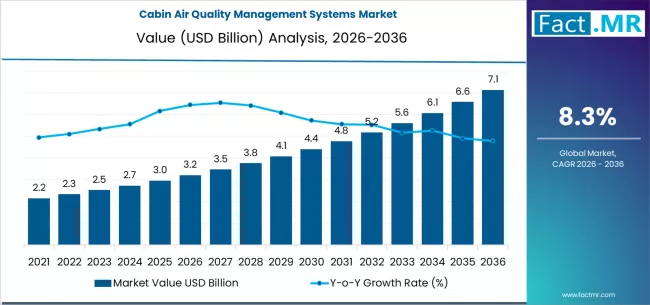





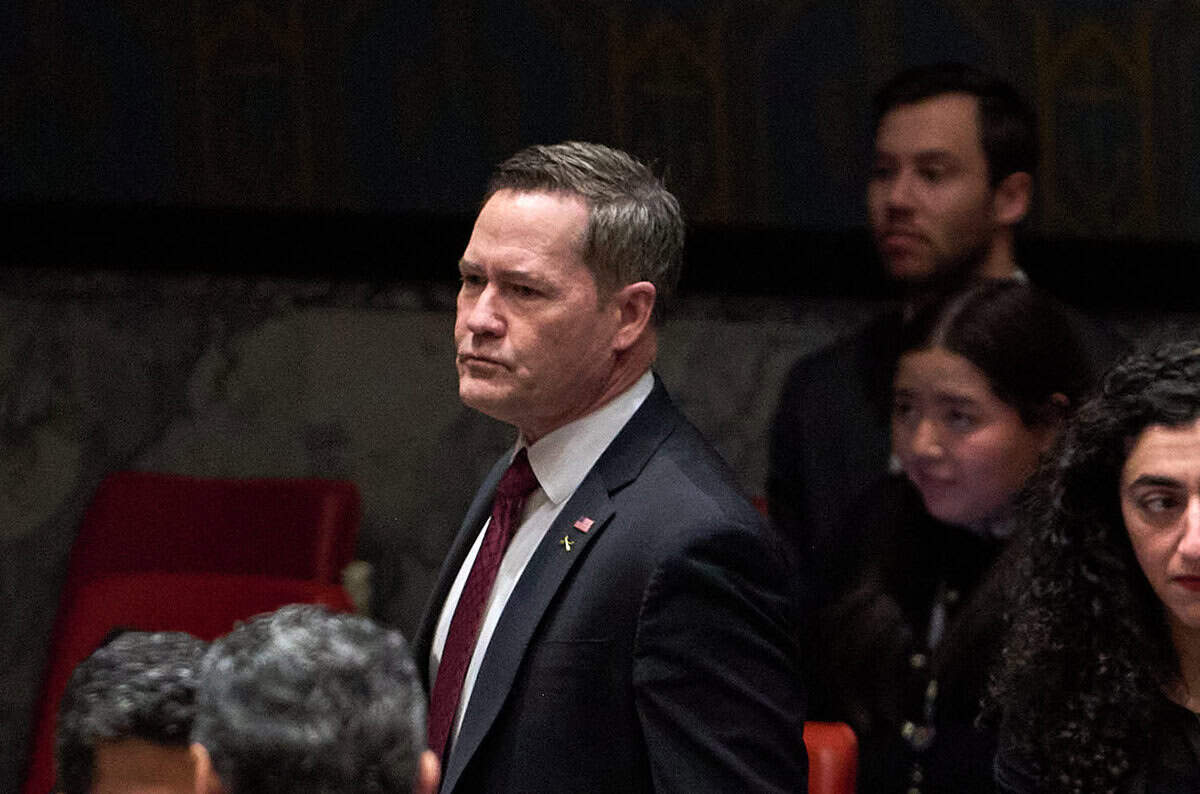















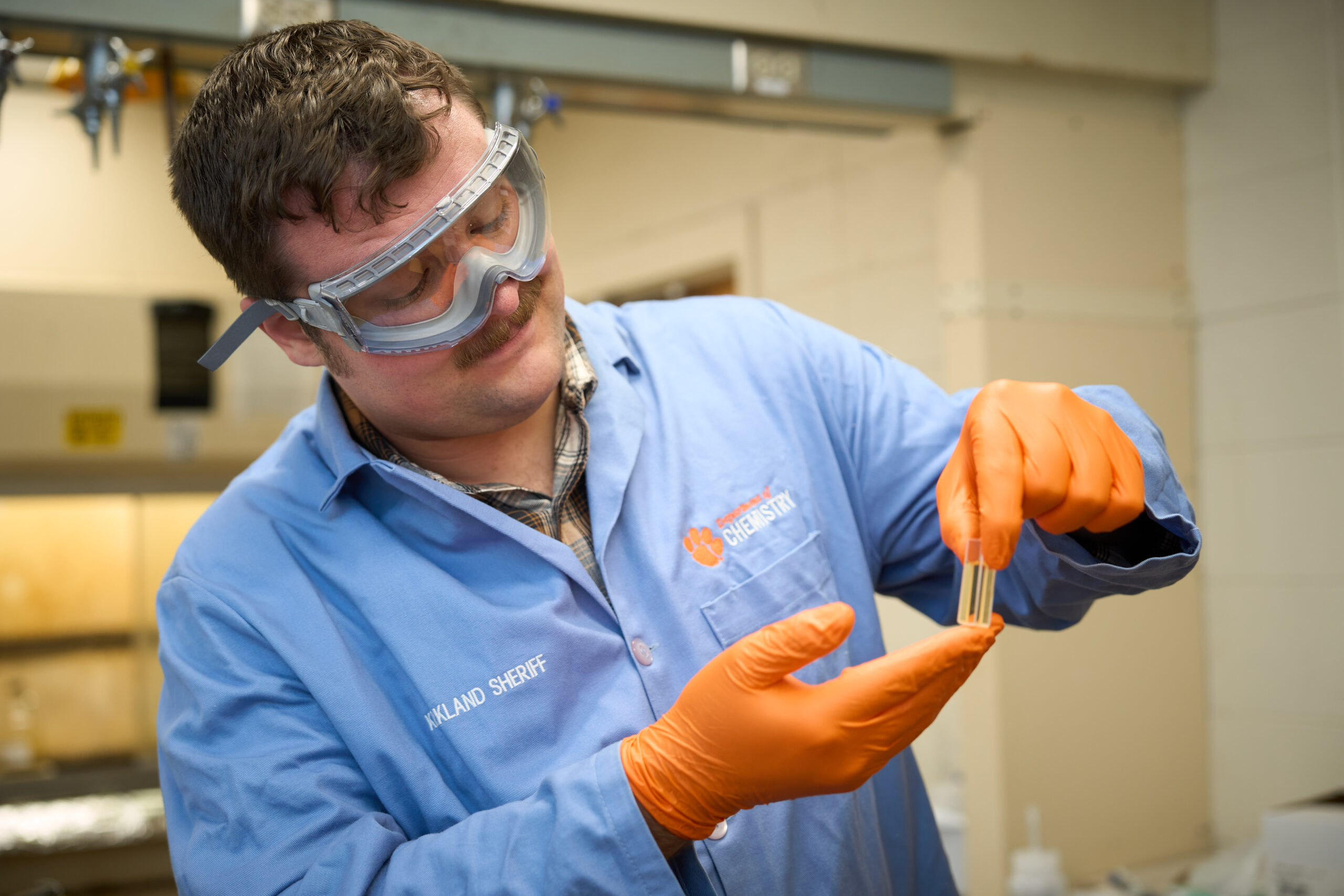

















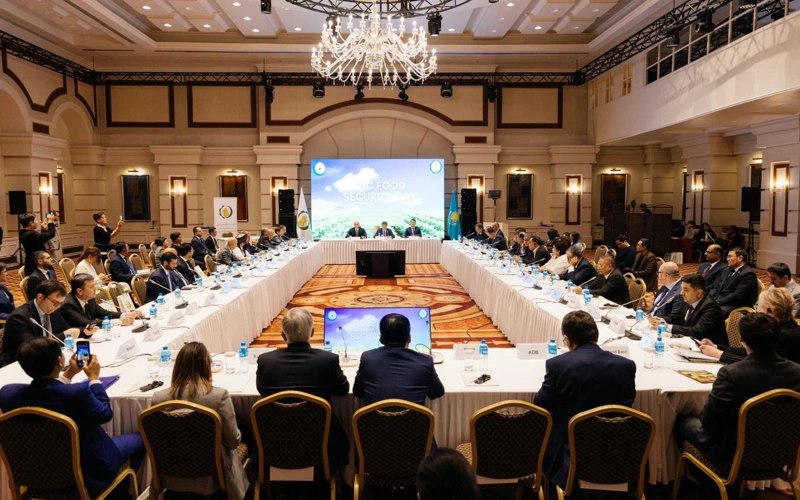

;Resize=620#)







